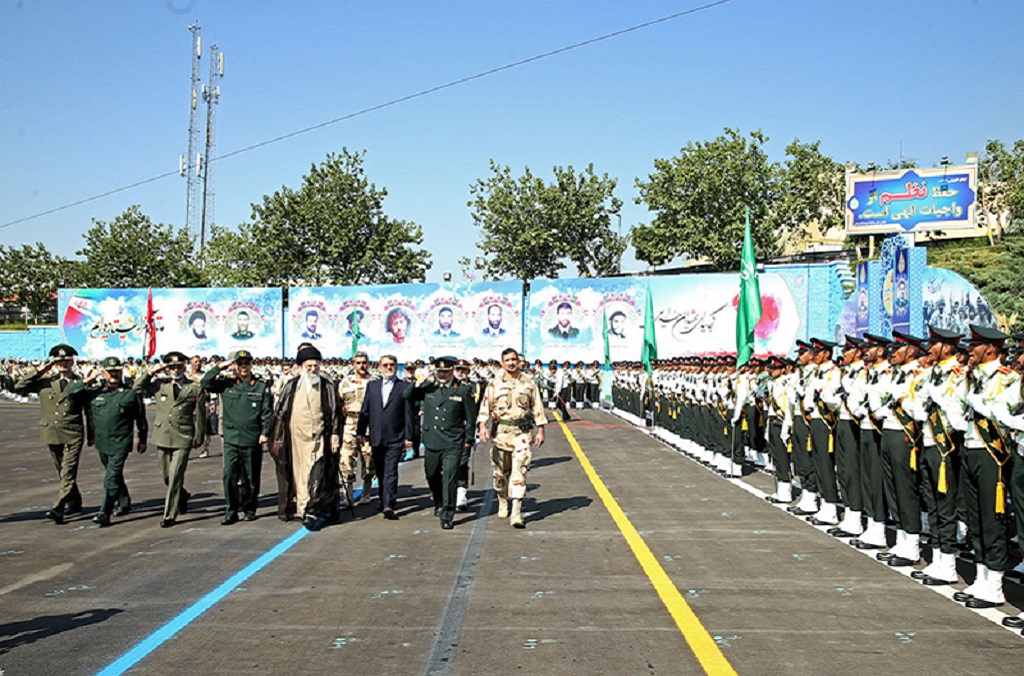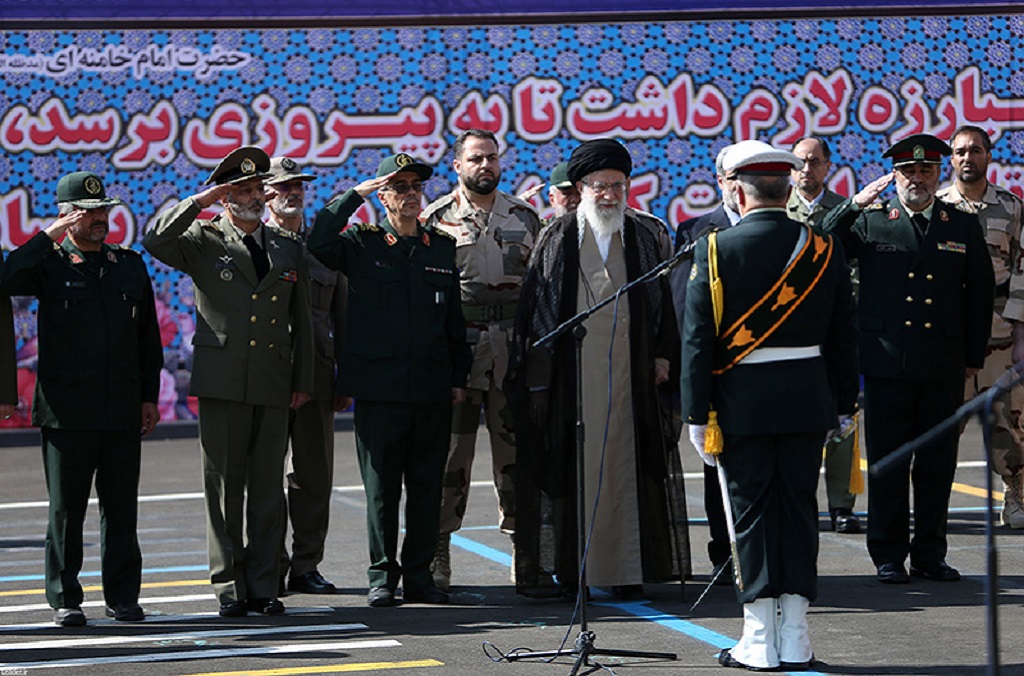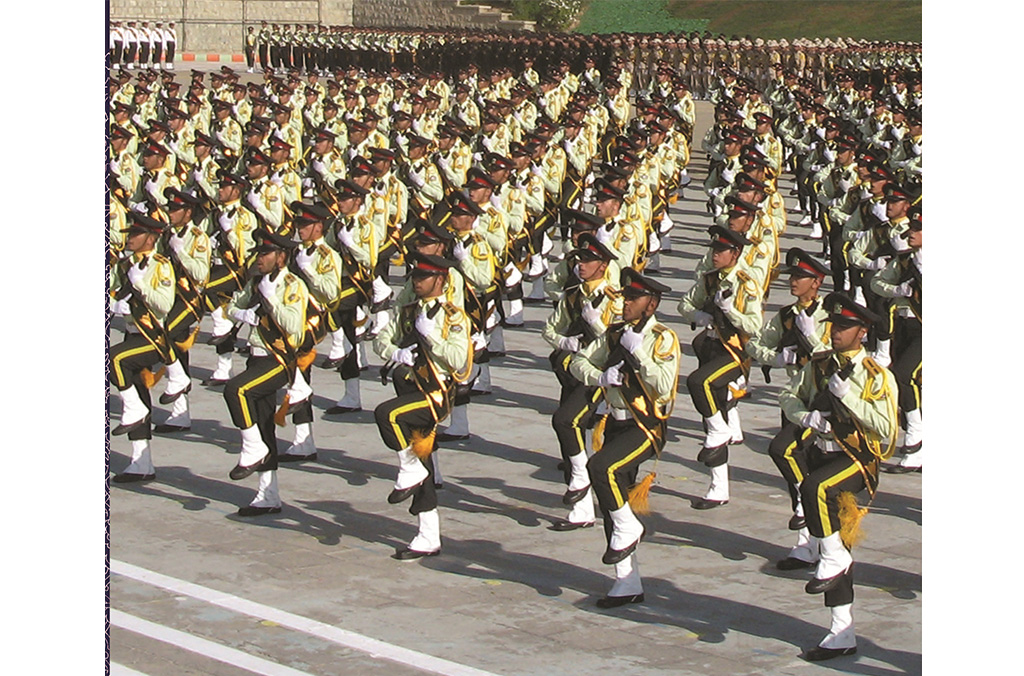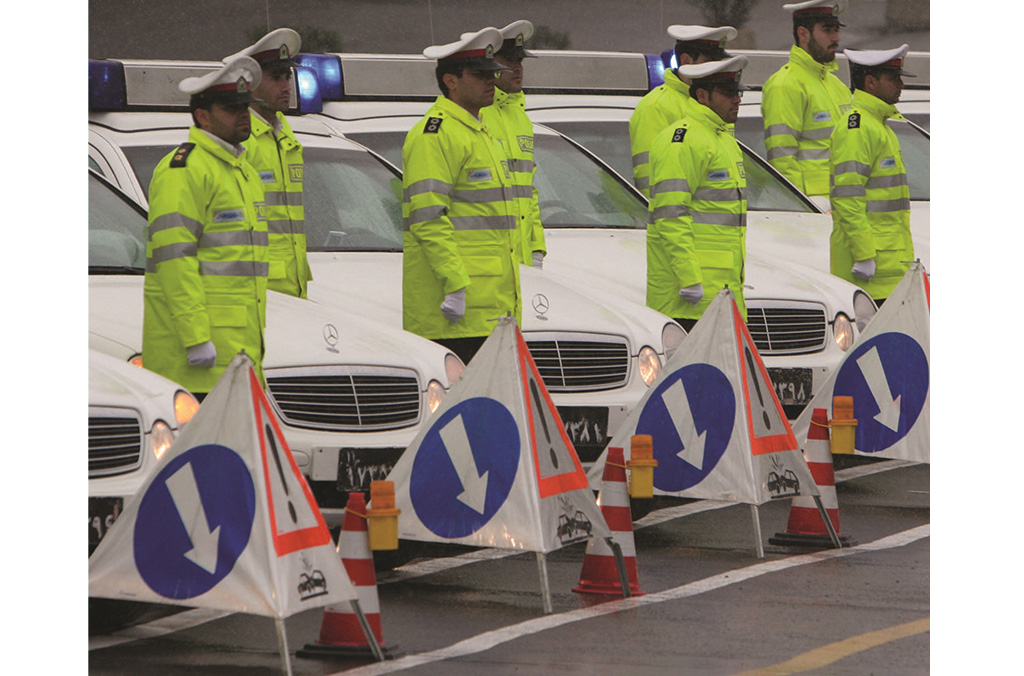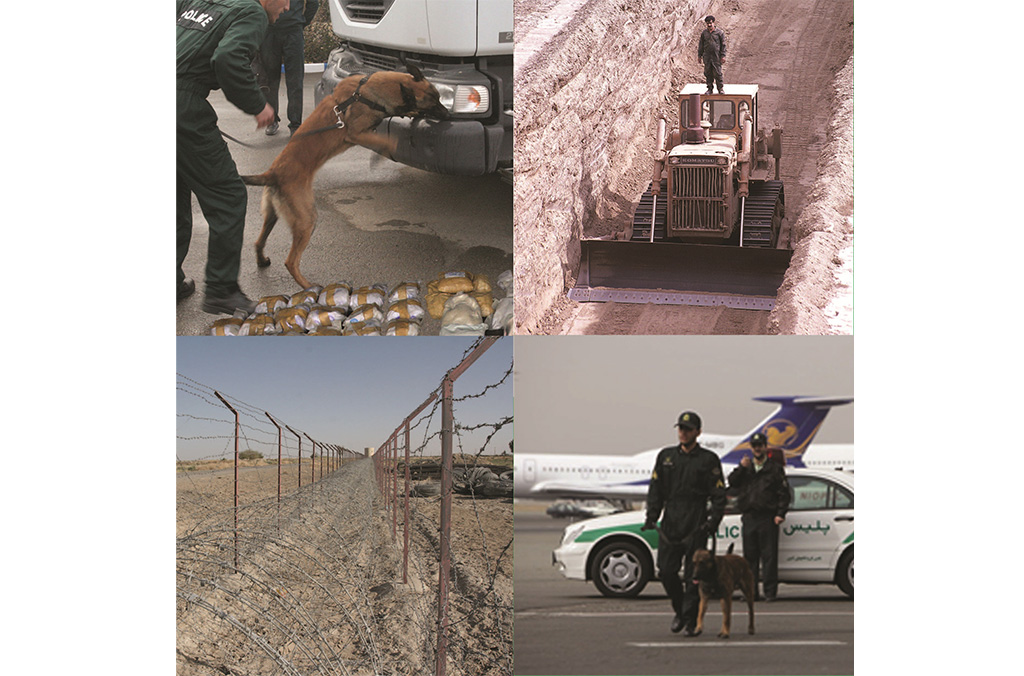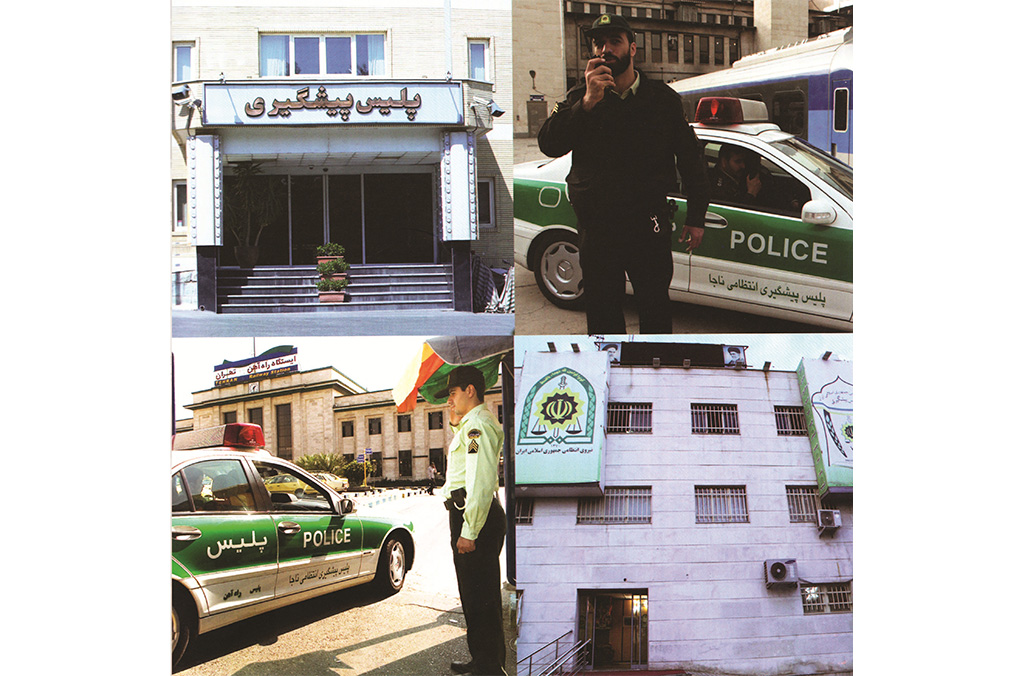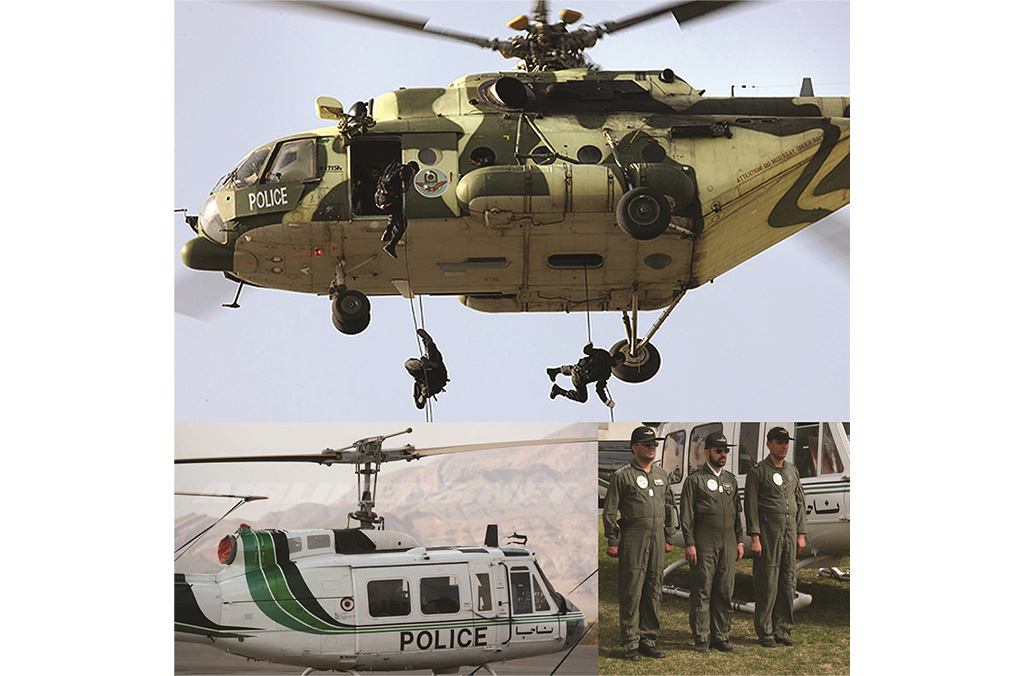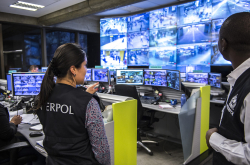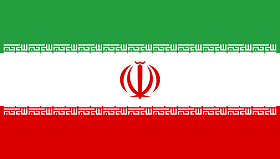 IRAN
IRAN
Tackling transnational crime in Iran
Located at a crossroads between Europe, the Middle East, and Asia, Iran shares almost 9,000 km of sea and land borders with several countries in each region. This geographic location is attractive to organized criminal groups wanting to carry out smuggling operations into or across those regions.

Iran’s crime areas of priority concern include trafficking in drugs, people and fake goods, with these crimes often leading to money laundering and cybercrime.
The international characteristics of these crime areas and their links with crime networks around the world make the role of the INTERPOL National Central Bureau (NCB) in Tehran central to maintaining national and regional security.
INTERPOL in Iran
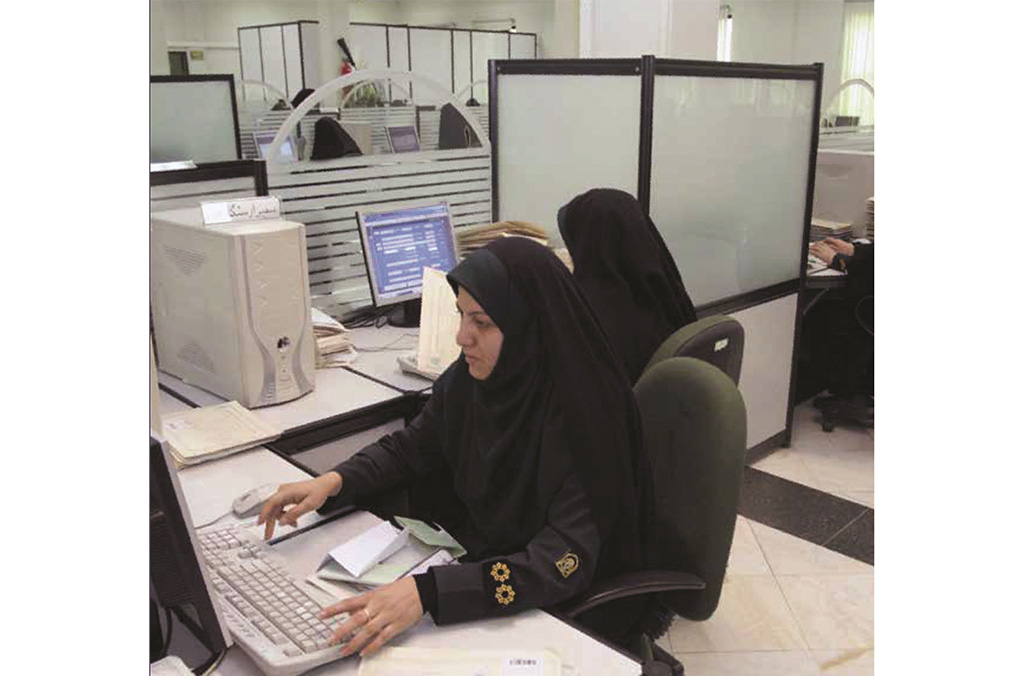
NCB Tehran is part of the International Relations and INTERPOL Department.
Through its international police outreach, the NCB supports national police in their efforts to address the country’s primary crime challenges.
By providing globally sourced intelligence about regional crime trends, the NCB helps police officers across the country detect and investigate the flow of illicit goods along trafficking routes in and around the country.
National law enforcement
Created in 1877, Iran’s national police force is headed by the Commander in Chief of Armed Forces. Its responsibilities include law enforcement, criminal investigations, border control, international police cooperation, emergency services, law and order and traffic control.
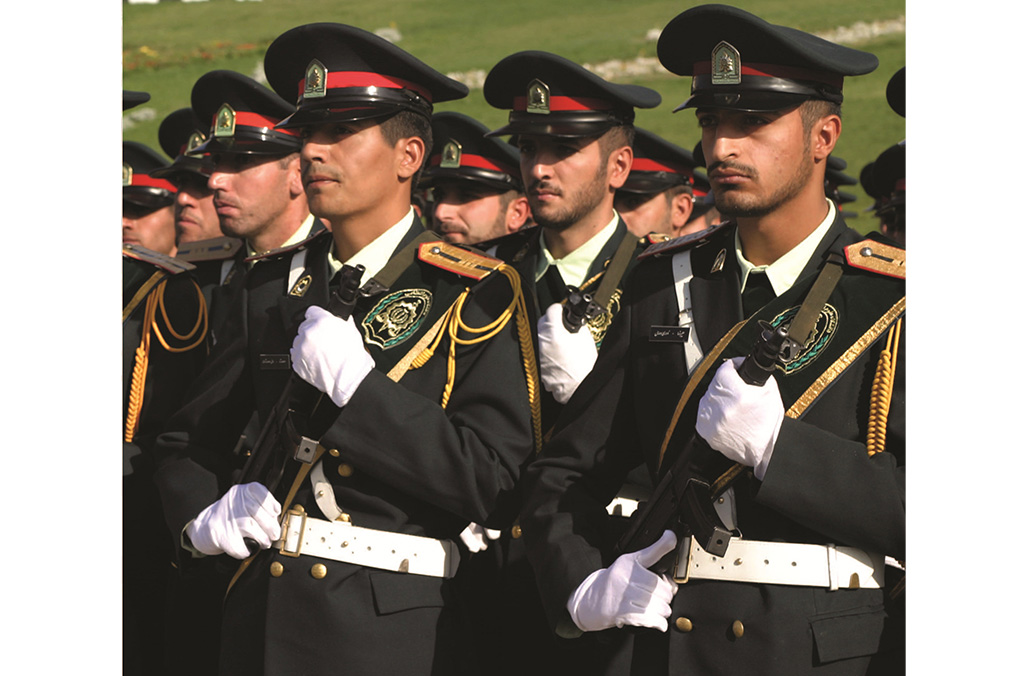
The police force is made up of a wide range of specialized departments, which tackle specific crime areas. One of the biggest is Iran’s Anti-Drugs Unit, which works to prevent, detect and investigate the cultivation, production, smuggling, distribution, consumption and storage of illicit drugs. To that end, the force has at its disposal drug analysis laboratories, an expert canine team, as well as sea, air and land border control mechanisms.




